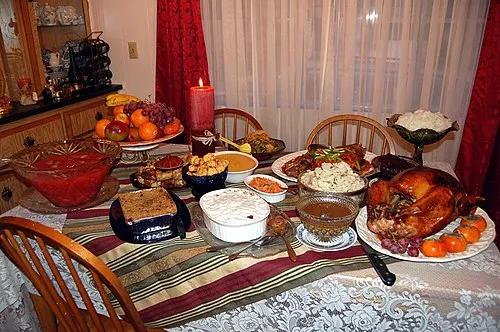
The First Day of Kwanzaa: Celebrating Unity and Heritage
Kwanzaa, a cultural holiday celebrated from December 26 to January 1, honors African American heritage, community, and values. The first day of Kwanzaa, known as Umoja, sets the tone for the holiday and emphasizes the importance of unity.
Understanding Kwanzaa
Kwanzaa was established by Dr. Maulana Karenga in 1966 as a way to connect African Americans to their African roots and heritage. With the backdrop of the civil rights movement, Kwanzaa serves as a time for families to come together, reflect, and celebrate their history and culture.
The Seven Principles of Kwanzaa
Kwanzaa consists of seven days, each dedicated to one of the principles known as the Nguzo Saba:
- Umoja (Unity) - The first day of Kwanzaa.
- Kujichagulia (Self-Determination) - The second day.
- Ujima (Collective Work and Responsibility) - The third day.
- Ujamaa (Cooperative Economics) - The fourth day.
- Nia (Purpose) - The fifth day.
- Kuumba (Creativity) - The sixth day.
- Imani (Faith) - The seventh day.
Umoja: The First Day of Kwanzaa
On December 26, the celebration of Umoja begins. This principle emphasizes the importance of unity in families, communities, and society at large. It encourages individuals to work together to uplift their communities and promote a spirit of togetherness.
Celebrating Umoja
Traditionally, families and communities celebrate the first day of Kwanzaa by gathering for meals, storytelling, and discussions. The lighting of the first candle on the kinara (candleholder) is central to the celebration. The red candle, representing struggle, is lit, symbolizing the commitment to unity within the community.
Rituals and Practices
On Umoja, many families create altars decorated with items that reflect African heritage, including fruits, vegetables, and traditional cloths like kente. They might also display representations of their ancestors to honor their legacy. Families are encouraged to engage in cultural activities that promote unity, such as group discussions, performances, or music and dance festivals.
The Importance of Kwanzaa in Modern Society
In today’s world, where division and misunderstanding often overshadow unity, Kwanzaa serves as a reminder of the strength found in coming together. By celebrating the first day of Kwanzaa, participants reaffirm their commitment to communal living and support.
Why Kwanzaa Matters
Kwanzaa transcends the boundaries of cultural celebration; it fosters an environment for education about African history, promotes cultural pride, and creates a sense of belonging among African Americans and others who wish to learn and participate. The holiday encourages individuals to embrace their identity and uplift those around them.
Conclusion
The first day of Kwanzaa is more than just a day of celebration; it is an invitation to reflect on the significance of unity in our lives and communities. As families gather, they empower one another through the recognition of their collective strength. By observing Kwanzaa and its principles, we can move towards a more unified and empowered society.






